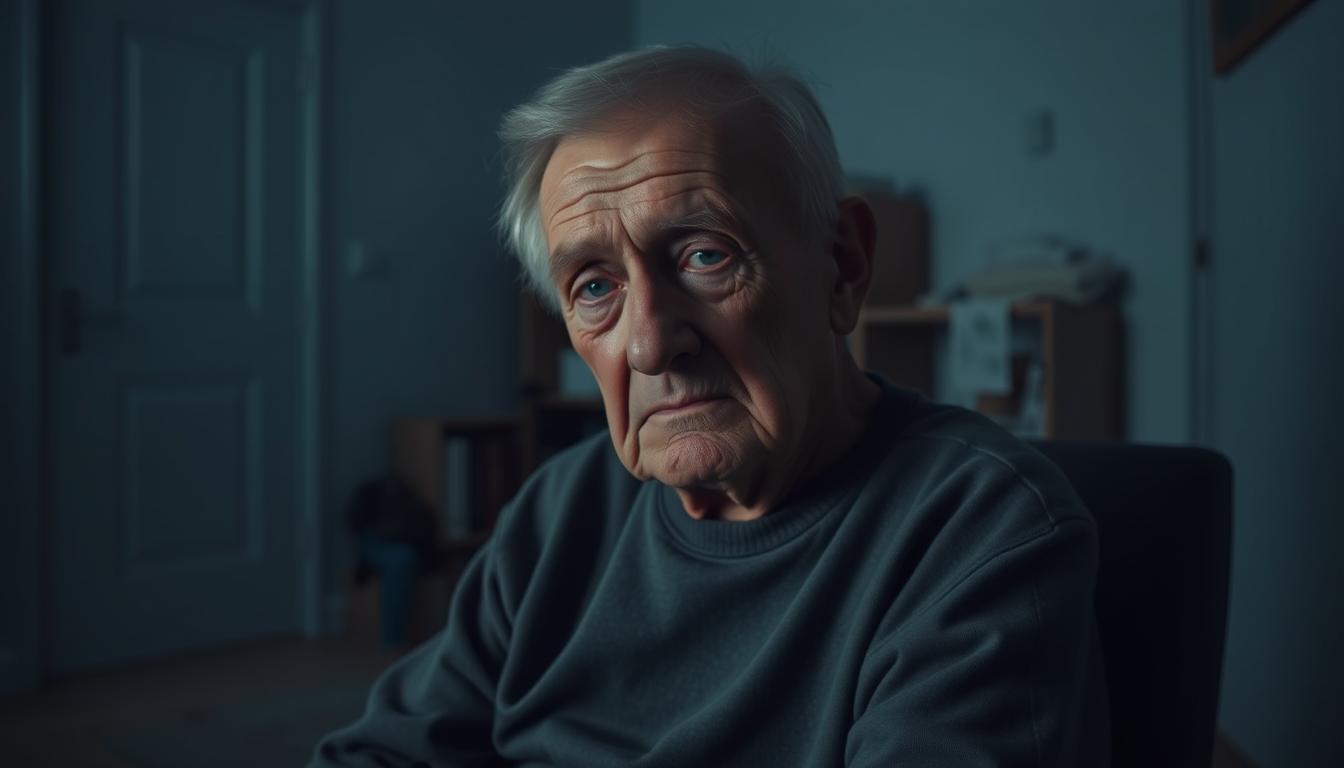- April 18, 2025
Welcome to Dementia World elderly home services



Dementia is not a disease but a set of symptoms caused by brain damage. This damage can come from various diseases, like Alzheimer’s. Spotting the early signs of dementia is key to getting medical help early. This can greatly improve life quality for those affected.
Knowing the early signs helps individuals and their families take action. Common signs include memory loss, trouble with communication, and mood or personality changes.
Dementia is a term for a decline in cognitive function. This includes memory loss and difficulty with communication and problem-solving. Alzheimer’s disease is the most common cause, making up 60-80% of cases.
It’s a progressive brain disorder that destroys memory and thinking skills. This makes everyday tasks harder over time.
Dementia affects cognitive abilities, emotional responses, and behaviour. It’s not a normal part of ageing, but the risk increases with age. There are different types of dementia, including Alzheimer’s disease and vascular dementia.

Early detection of dementia is key. It allows for timely medical intervention. This can slow down disease progression and improve quality of life.
Identifying dementia early helps healthcare providers create effective treatment plans. They can manage symptoms better and provide supportive care.
Early detection also leads to personalised care plans. It improves communication between patients and healthcare providers. It helps individuals and their families make informed care decisions.
Timely diagnosis and intervention can greatly impact dementia’s progression. Recognising signs early allows individuals to manage their condition. This reduces the risk of complications and improves overall well-being.
## Common Signs of Dementia to Monitor
Dementia affects millions worldwide. Spotting early signs is key for better care. This section covers signs like memory loss, cognitive issues, and changes in behaviour and communication.
### Memory Changes
Memory loss is a common dementia symptom. People may forget recent events, struggle to learn new things, and forget names and words.
#### Short-term Memory Problems
Short-term memory issues are common in dementia. People might forget recent conversations, appointments, or tasks. They may ask the same questions over and over.
#### Difficulty Recalling Recent Events
Forgetting recent events is a big part of dementia. It’s hard to remember what happened a few minutes ago or yesterday. This makes daily tasks hard to manage.
### Cognitive Difficulties
Cognitive issues affect many areas of a person’s mind.
#### Problems with Problem-solving
People with dementia find it hard to solve problems. They struggle with making decisions, judging situations, and solving everyday tasks.
#### Challenges with Planning and Organisation
Planning and organisation are tough for those with dementia. It’s hard to manage daily tasks, follow instructions, or keep track of appointments.
### Behavioural and Personality Changes
Behavioural and personality changes are common in dementia.
#### Mood Swings and Irritability
Mood swings and irritability are common. People with dementia may experience quick mood changes, agitation, or aggression.
#### Withdrawal from Social Activities
People with dementia may pull back from social activities. They might avoid friends and family and become more isolated.
### Communication Problems
Communication is a big challenge for those with dementia.
#### Struggling to Find the Right Words
People with dementia often have trouble finding the right words. They might use vague terms or struggle to express themselves.
#### Following Conversations
Following conversations is hard for people with dementia. They may struggle to understand the context, follow the conversation, or respond to questions.
### Disorientation and Confusion
Disorientation and confusion are common in dementia.
#### Getting Lost in Familiar Places
People with dementia may get lost in places they know well. This includes their own home, neighbourhood, or while driving.
#### Confusion About Time and Place
They often get confused about time and place. It’s hard for them to understand the current time, date, or location.
By watching for these signs, people can get help early. Healthcare professionals can then offer support and guidance to improve their lives.
If you or someone you know shows signs of dementia, act fast. Finding out early can really help. It can make treatments work better and improve life quality.
Spotting dementia early is key. It can slow down or manage cognitive decline. Seeing a doctor quickly can change how the condition progresses.
When dementia signs are seen, get medical help right away. Talking to a doctor about symptoms can lead to the best treatment. This can make a big difference in life quality.
Understanding the need for early detection is important. Taking action quickly can help face dementia’s challenges. Getting medical help and support can greatly improve well-being and independence.